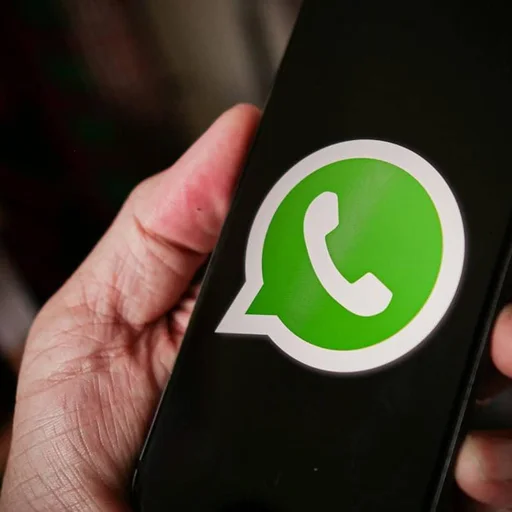A recent decision by the National Company Law Appellate Tribunal (NCLAT) has temporarily suspended a ban on WhatsApp. This ban, previously enforced by the Competition Commission of India (CCI), restricted WhatsApp from sharing user data with its parent company, Meta. The NCLAT’s decision provides Meta with some breathing room in an ongoing legal challenge.
The original order from the CCI, issued in November 2024, prevented WhatsApp from sharing user information with other Meta-owned companies for advertising purposes. Meta protested the ban, suggesting it might have to remove certain features from WhatsApp. In addition to the ban, the CCI also fined Meta ₹20 million (approximately $240,000 USD) for allegedly withholding important information.
The central question revolves around whether WhatsApp’s data sharing practices give Meta an unfair competitive advantage in the advertising market. The CCI was concerned that this data sharing could negatively impact competition. However, Meta argued that the ban was overly restrictive and did not acknowledge the potential benefits of data sharing. Meta claims that sharing data allows them to create more personalized ads and improve the overall user experience.
This case underscores the continuing discussions about data privacy and competitive fairness in the digital age. The NCLAT’s decision to put the ban on hold means WhatsApp can, for the time being, continue its data-sharing practices with Meta. However, the legal dispute is not resolved. The final decision in this case could have significant implications for how tech companies manage user data and advertising strategies in the future.
